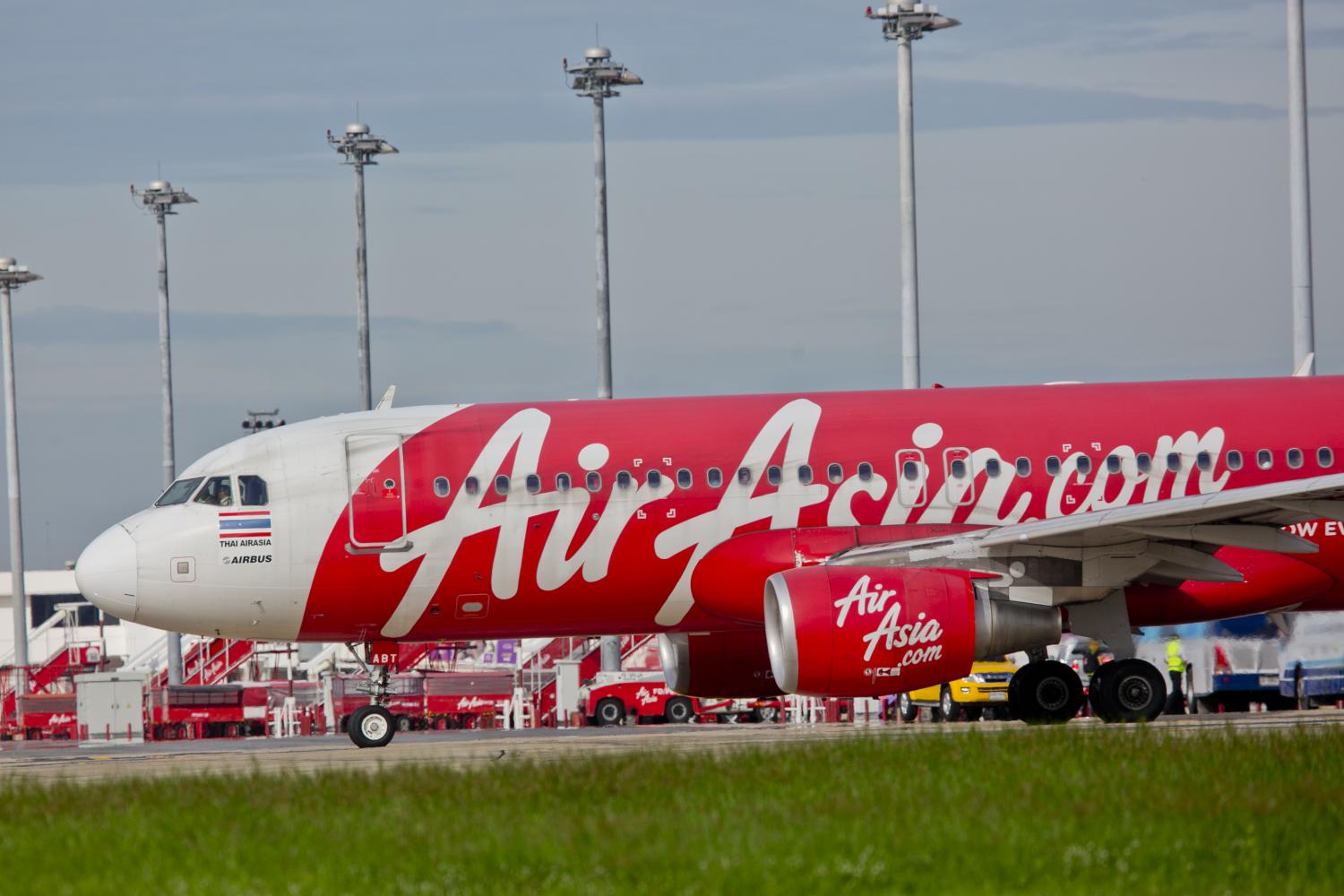
Asia Aviation Plc (AAV), the major shareholder of Thai AirAsia Co (TAA), recorded heavy losses in the fourth quarter of 2019 with a net loss of 72 million baht on revenue of 10.3 billion, a 73% year-on-year setback in net loss.
The budget airline released its fourth-quarter and year-end report on Wednesday, blaming the late-year losses on a "sluggish economic and tourism situation".
Overall in 2019, AAV posted total revenue of 41.6 billion baht, up 3% year-on-year, with a net loss of 474 million.
In 2019, TAA served 22.2 million passengers, a 3% year-on-year increase.
In the fourth quarter, it served 5.42 million passengers, down 1% year-on-year, and achieved a load factor of 86%, similar to the same period last year, as a reduction in seat capacity improved flight efficiency.
"The results were negatively affected by the slowdown in both domestic and international tourism industries, with factors such as protests in Hong Kong and a stronger baht dampening inbound travel," said Santisuk Klongchaiya, chief executive of TAA.
"The global economic contraction also weighed on tourist confidence, reducing demand for travel more than expected."
TAA also launched direct flights from Chiang Rai to Hangzhou, China last year and acquired two new Airbus A321neo jets while retiring one Airbus A320, ending the year with a fleet of 63 aircraft.
Because of new routes introduced throughout the year, Asia Aviation said it was able to increase its average stay lengths of flyers by 4%, and the available seat kilometres by 8% year-on-year.
"This year will be a challenge with the outbreak of Covid-19, affecting our business because of travel restrictions and cancellation of flights," Mr Santisuk said.
"This has reduced the number of passengers and our capacity prearrangement. We have also implemented preventive measures and fully adhered to safety and public health standards including joint efforts with authorities to build confidence in travelling.
"The company has received an excise tax reduction.
"Our key strategy last year was being more effective in all dimensions, particularly network planning. In the past year, we suspended and reduced the frequency on non-profitable routes.
"We also created travel demand in other potential markets, especially in Indochina and the domestic market, where there are little to no competitors. We also remain committed to expanding ancillary revenue."